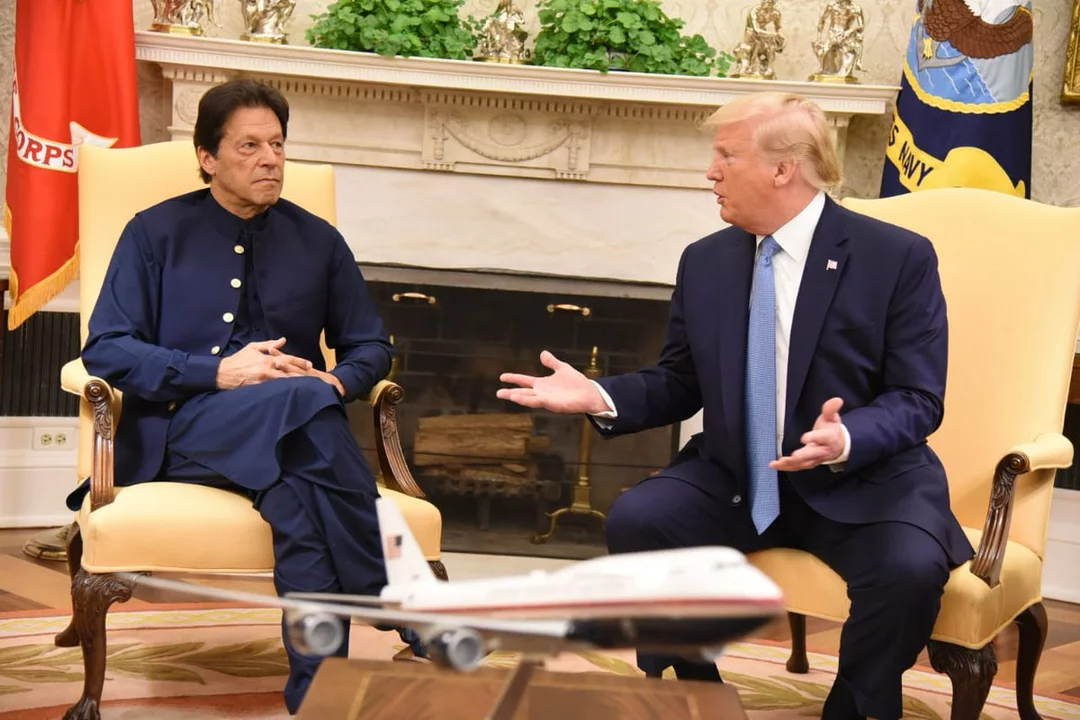Politics and International Relations: What You Need for the Civil Service Exam
Preparing for the civil service exam means staying on top of what’s happening in politics and around the world. Every day brings a new headline – a treaty signing, a summit, or a diplomatic row – and each of these can show up in the paper‑based or interview stage. So let’s break down why these topics matter and how you can turn current events into easy‑to‑remember exam answers.
Why Politics Matters for Your Exam
First off, the exam tests not just facts but the ability to analyse. When a question asks about the impact of a new policy, you need to know the background, the players, and the likely outcomes. Knowing who the key leaders are – like the Prime Minister of India or the President of the United States – gives you a framework to slot new information into.
Second, many papers ask you to compare domestic politics with international trends. For example, a question on federalism might be linked to how the EU handles shared sovereignty. If you can quickly relate a local event to a global pattern, you earn extra marks for depth.
Third, the interview panel often throws in recent headlines to see if you’re up‑to‑date. A quick reference to a recent phone call between world leaders – say, Trump and Modi discussing regional security – shows you follow news and understand its relevance.
Top International Relations Topics to Watch
Here are the five areas that keep popping up in the syllabus:
- Neighbourhood relations: India‑Pakistan, India‑China, and India‑Bangladesh dynamics shape security and trade. Keep track of border talks, ceasefires, and trade agreements.
- Major global forums: UN General Assembly, G20, BRICS, and SAARC meetings. Know the agenda items and which Indian ministers attend.
- Strategic partnerships: Indo‑US, Indo‑EU, and Indo‑Japan ties. Focus on defence deals, technology cooperation, and climate commitments.
- Economic diplomacy: trade missions, export‑import policies, and investment flows. Recent FTAs or WTO disputes are good examples.
- Security challenges: terrorism, cyber‑security, and maritime disputes. Look for statements from the Ministry of External Affairs and defense briefings.
For each topic, ask yourself three questions: Who is involved? What was the recent development? Why does it matter for India’s foreign policy? Answering these in a sentence helps you build a concise paragraph for the exam.
Let’s try a quick practice. Imagine a question on the recent call between Trump and Modi where they discussed Pakistan’s rhetoric. Your answer could start like: "In a phone call on [date], President Trump and Prime Minister Modi highlighted concerns over Pakistan’s inflammatory statements, reflecting India’s focus on regional stability and its strategic partnership with the United States. The discussion underscores how bilateral talks can be used to address third‑party security threats." You’ve covered the who, what, and why in less than 70 words.
Now, how do you keep this information fresh? Set up a simple tracking sheet. List the headline, date, involved parties, and a one‑line impact statement. Update it weekly, and review before each mock test. This habit turns a flood of news into a tidy, exam‑ready summary.
Finally, remember that politics is not just about memorising names. It’s about seeing the cause‑and‑effect chain. When a treaty is signed, ask: How will this affect India’s trade balance? When a leader makes a controversial remark, consider the diplomatic fallout. This analytical habit is what examiners look for.
Stick to these steps, and you’ll turn the chaotic world of politics and international relations into a clear advantage for your civil service preparation.
Posted by
Arvind Suryavanshi
0 Comments

In a recent development, US President Trump held a phone call with Indian Prime Minister Modi, where they discussed regional issues. Interestingly, during the conversation, PM Modi brought up Pakistani Prime Minister Imran Khan's inflammatory rhetoric against India. PM Modi expressed his concerns about Imran Khan openly speaking against India and its actions in the region. This call highlights the growing tension between India and Pakistan, which has been a significant topic in recent times. As a blogger, I believe it's crucial to keep an eye on these interactions, especially since they involve powerful world leaders who can impact global politics.
read more